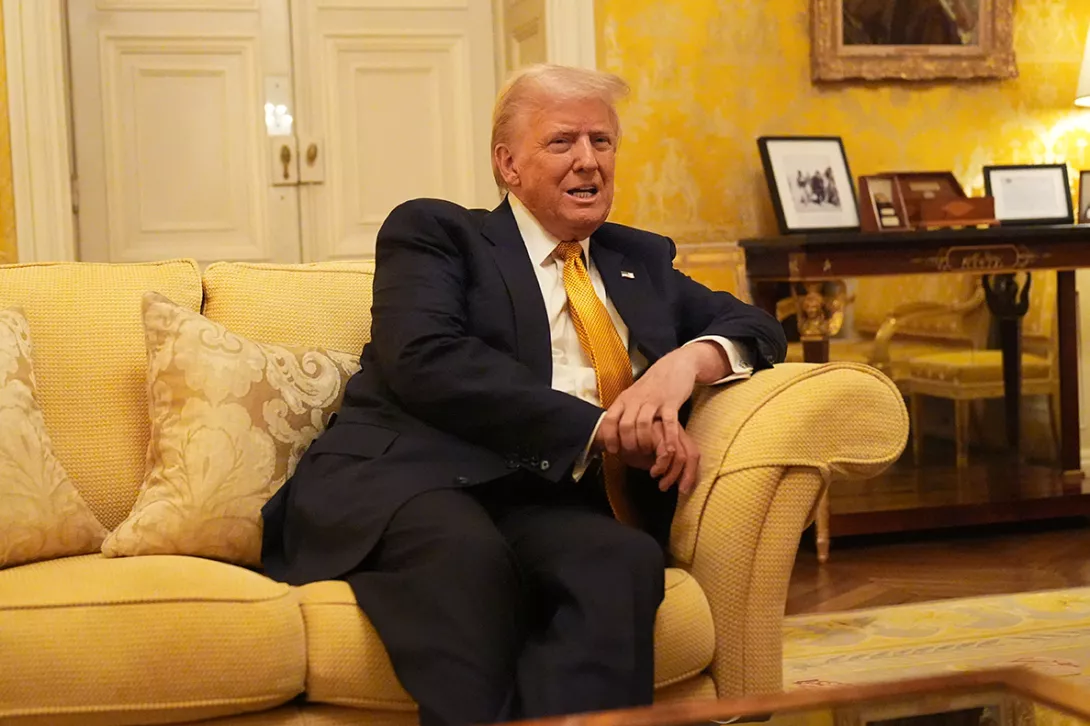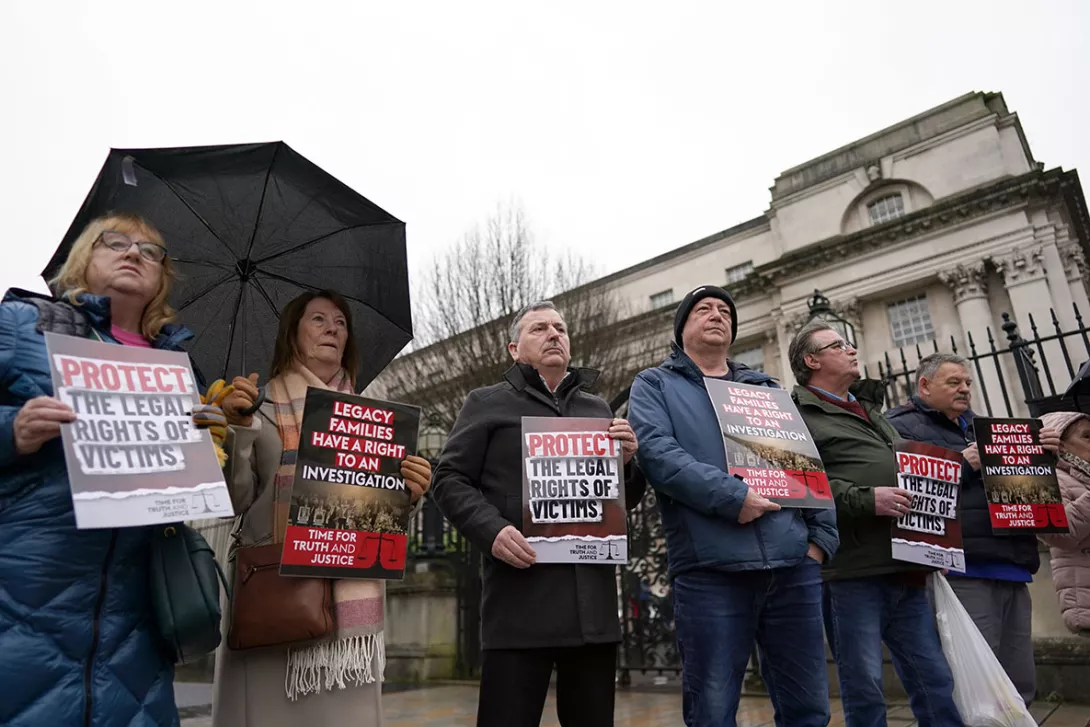The unluckiest of six unlucky men: a tribute to Hugh Callaghan
One of the Birmingham Six wrongly jailed for IRA pub bombings in 1974, has died aged 93. LOUISE RAW remembers him and his shocking story
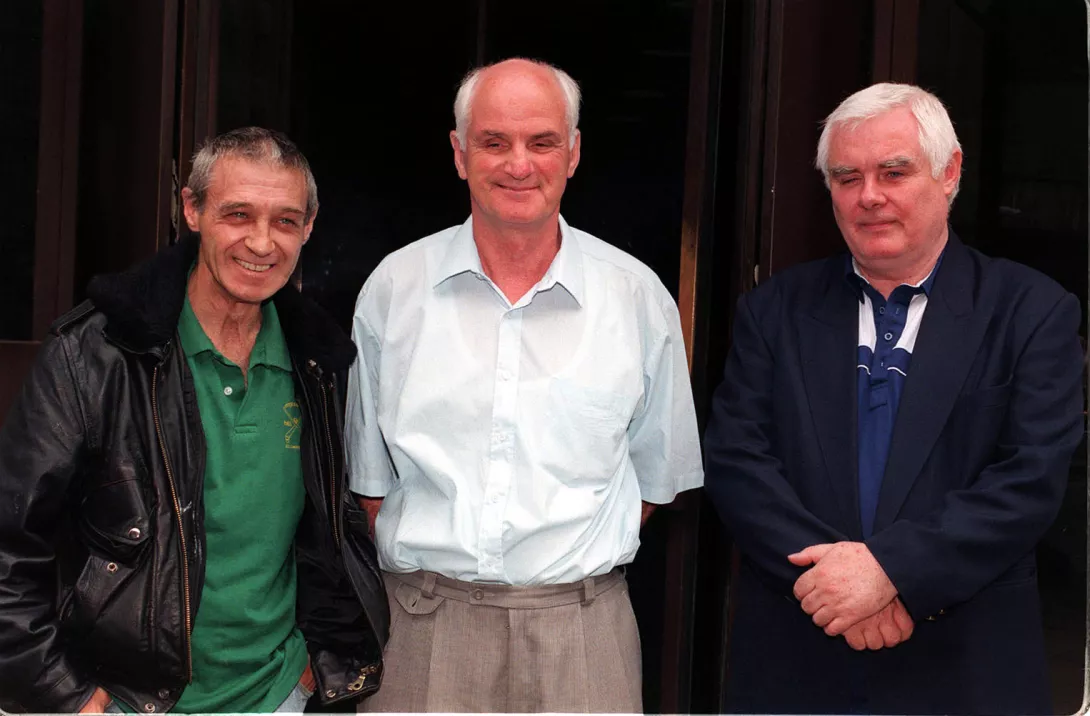
WHEN Hugh Callaghan walked up to the front door of his Birmingham home one night in November 1974, he had no idea that what he called his “quiet, ordinary” life was about to be destroyed.
Before Hugh could turn his key, the door flew open, pushed from the inside. He was dragged in by his lapels and thrown up against the wall by a man he’d never seen before, who pressed a gun to his temple.
Callaghan was being arrested by Special Branch; a long, Kafkaesque nightmare was just beginning.
More from this author
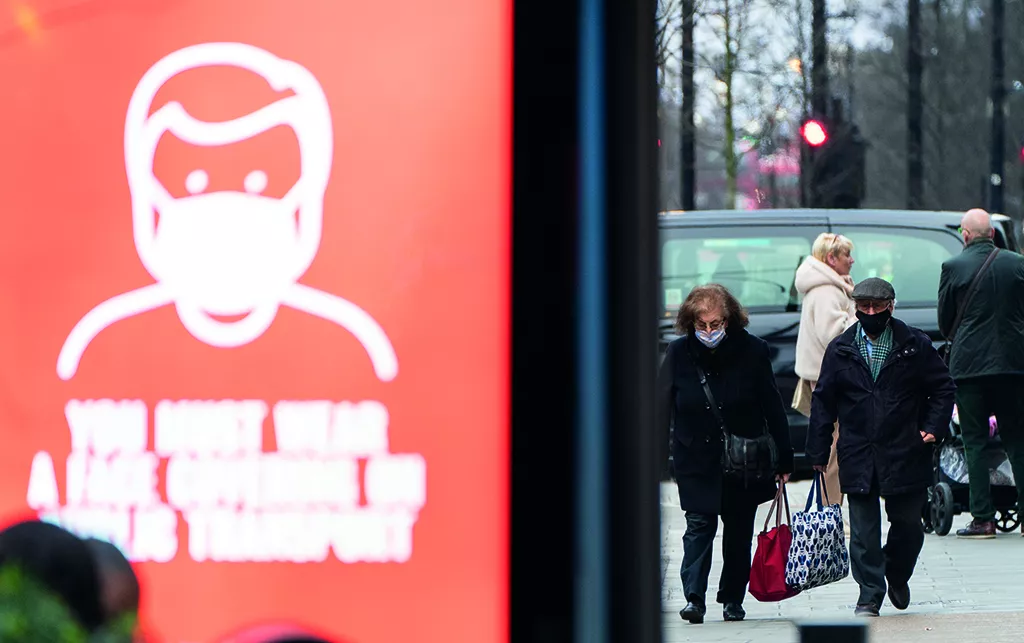
LOUISE RAW speaks to Long Covid sufferer Sam Williams and others who feel let down by a state that ignores their debilitating illness
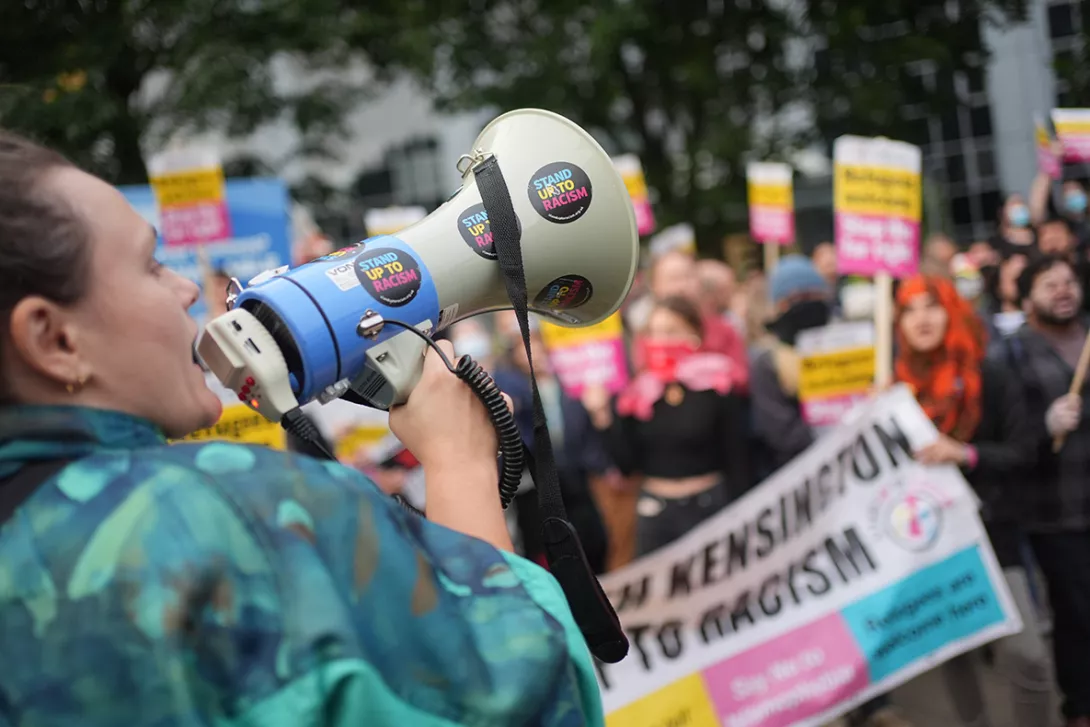
While Wednesday night’s glorious anti-fascist turnout up and down the country was a heartening sight, the far right will seek revenge for their humiliation – our anti-racism work needs to kick up a gear, argues LOUISE RAW
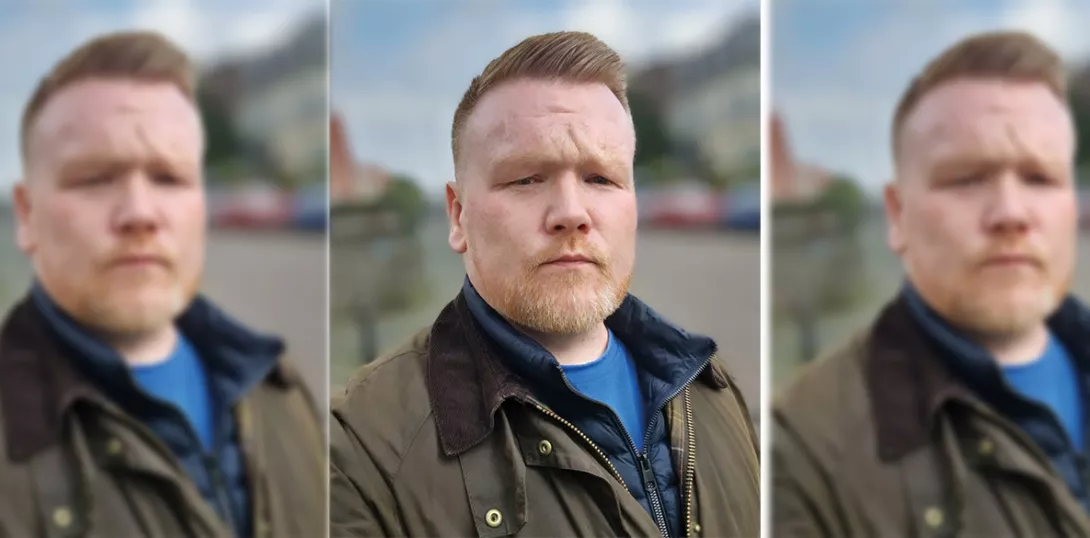
Louise Raw talks to MICK FINNEGAN, a child abuse whistleblower whose ordeal is still not over, as 12 months on from the expected publication of an official judge’s report into the complaints, he and other survivors are still waiting
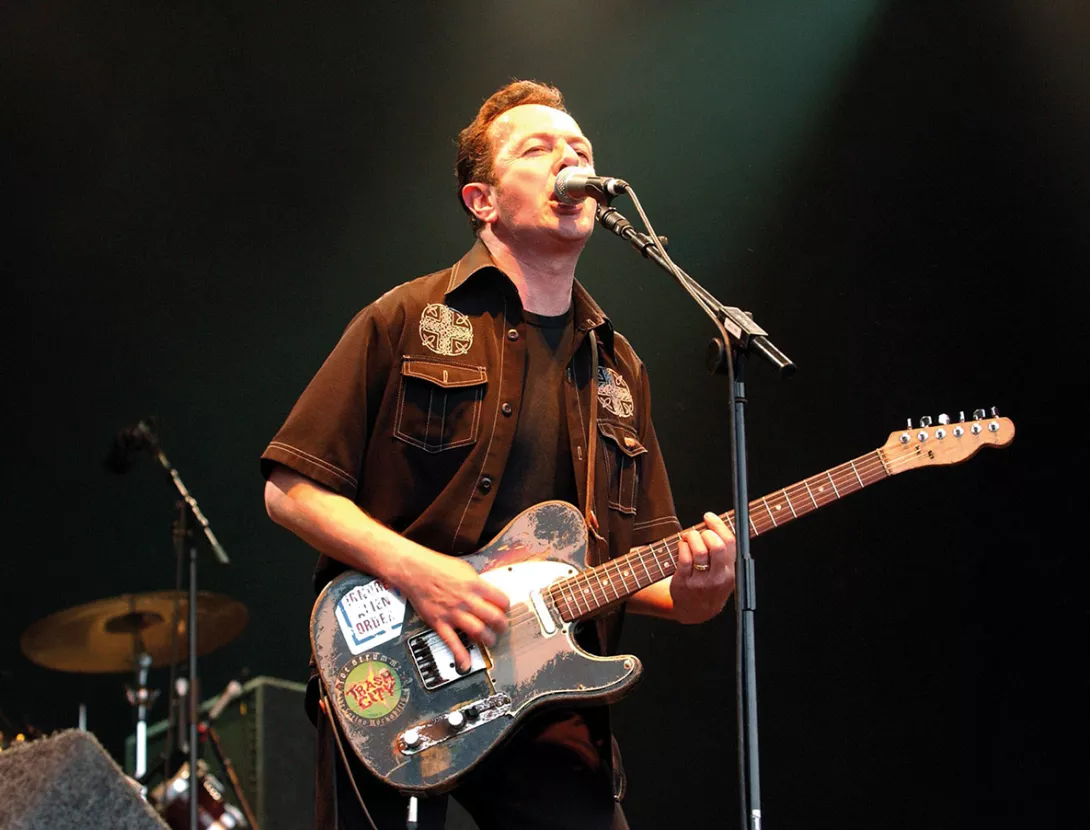
When Boris Johnson claimed The Clash were one of his all-time favourite bands, a group of outraged real punk fans decided it was time to reassert punk’s radical, anti-racist, anti-fascist roots. LOUISE RAW explains
Similar stories
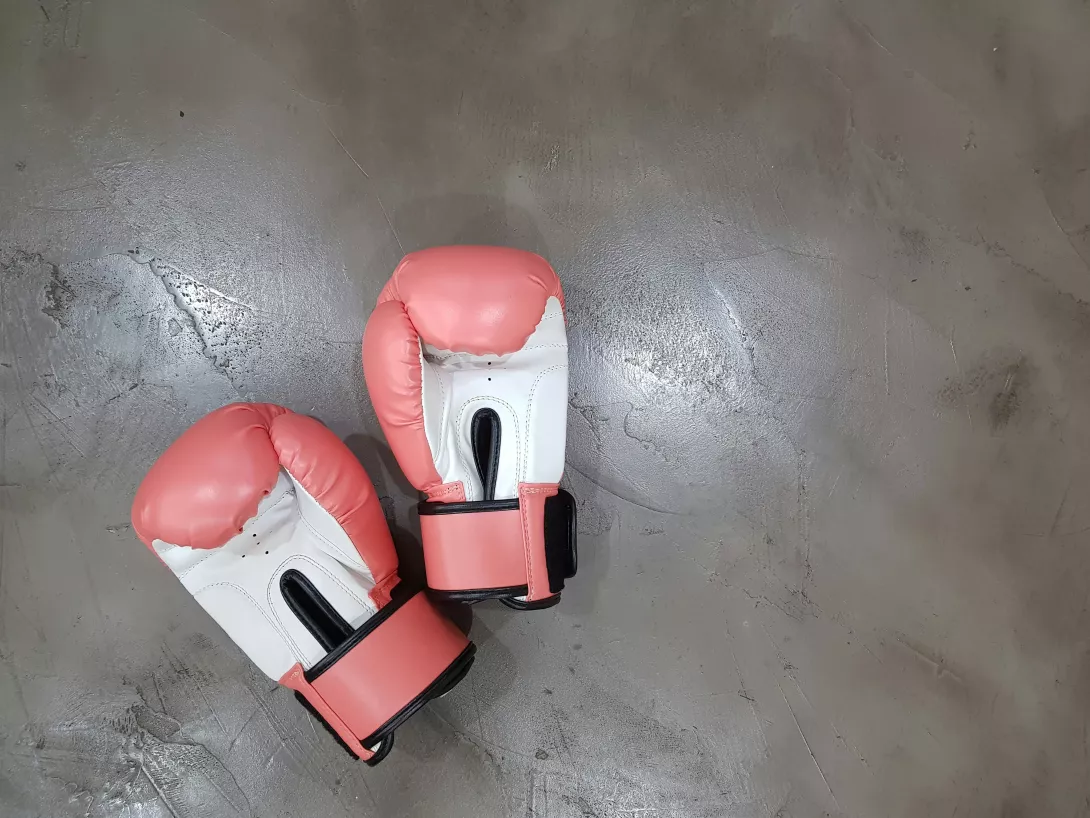
JOHN WIGHT writes on his time training at a boxing club in Los Angeles, brushing shoulders with Hollywood actors, and his memories of a prodigal fighter
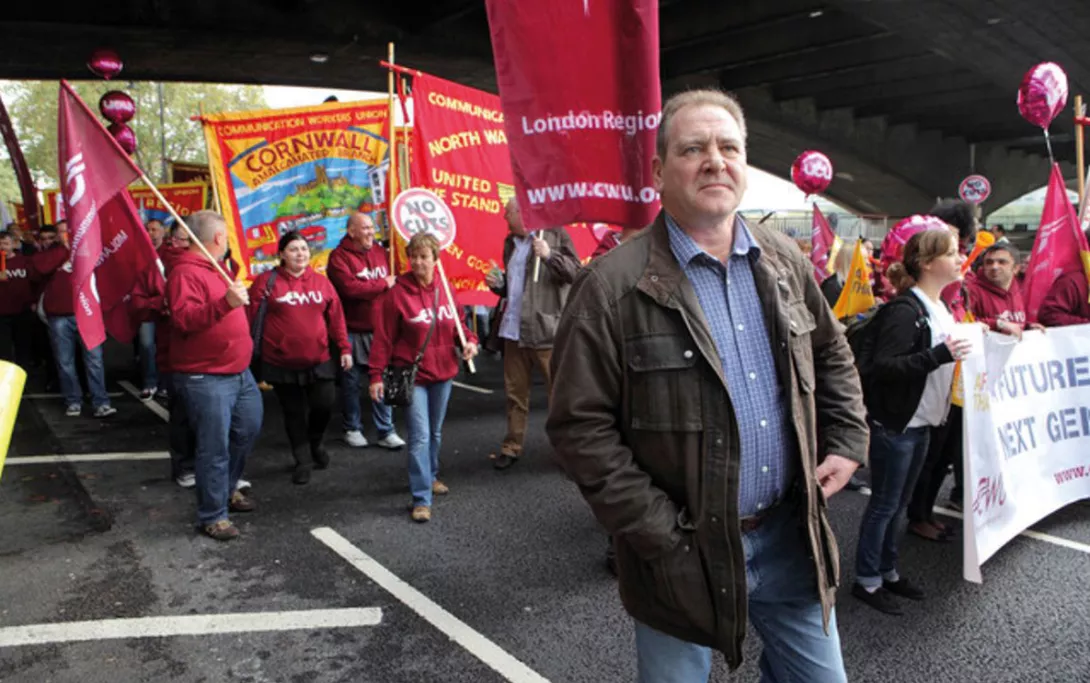
CWU president KAREN ROSE and GRAHAM COLK speak to Ben Chacko about their memories of a giant of the union and wider movement who is laid to rest today
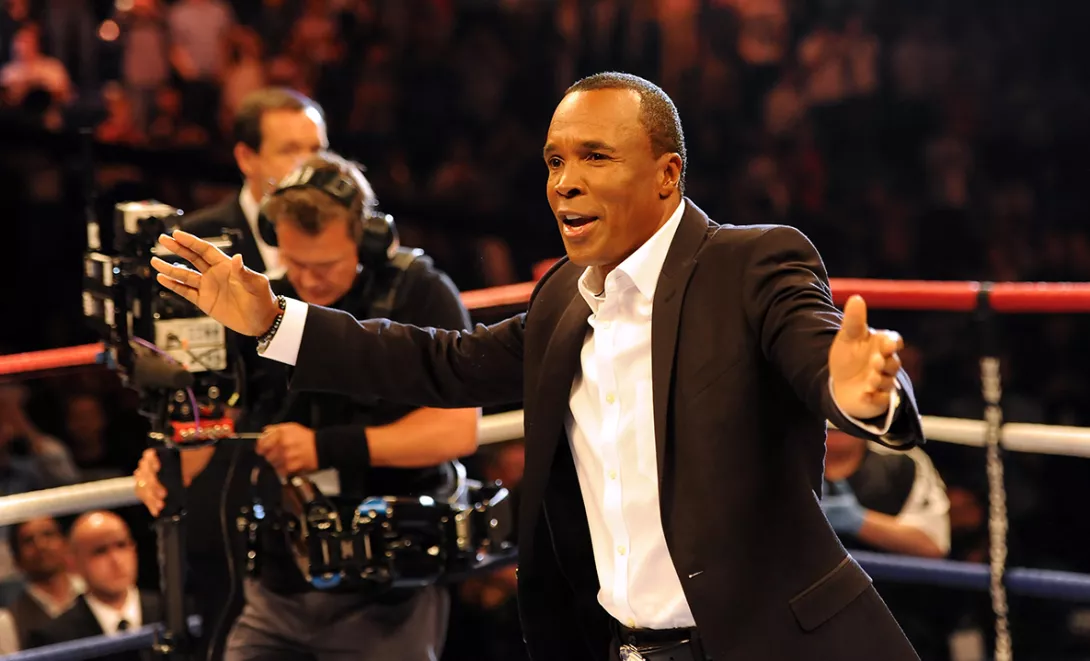
JOHN WIGHT looks back at one of the most enduring controversies in the sport – when Sugar Ray Leonard fought Marvellous Marvin Hagler



